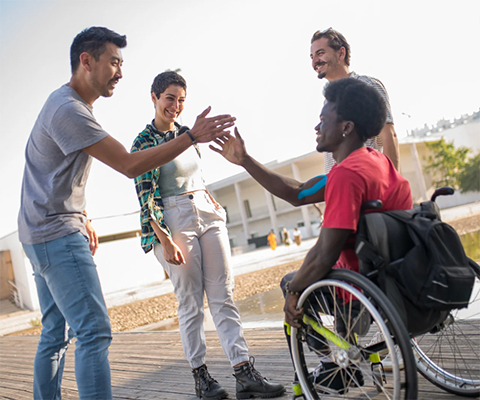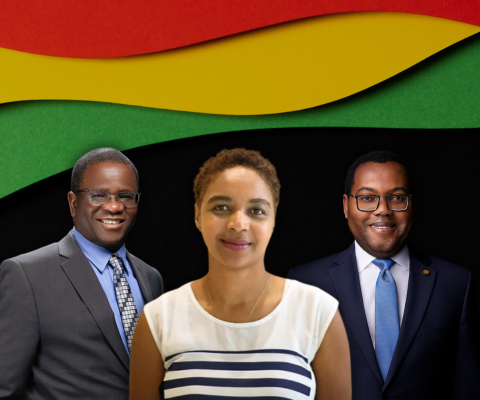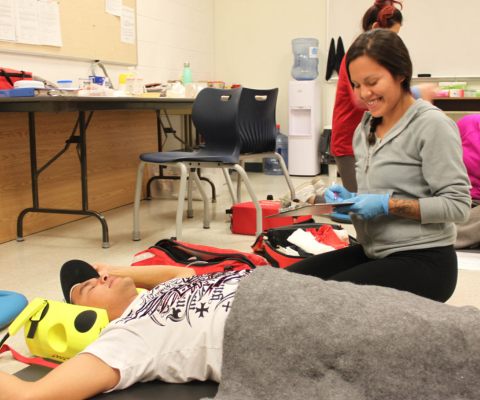Workforce inclusion can help Canada address critical labour shortages

OTTAWA—In advance of International Day of Persons with Disabilities on December 3, Canadian universities are celebrating persons with disabilities and highlighting how they can strengthen Canada’s workforce and help fill critical labour shortages.
According to the 2017 Canadian Survey on Disability, one in five Canadians aged 15 years or older—about 6.2 million people—have one or more disabilities. Despite this, persons with disabilities face physical, financial, attitudinal and other barriers to participating in society.
The employment rate of persons with disabilities, at 59 per cent, remains much lower than those of Canadians without (80 per cent). As of 2017, Statistics Canada reported there were 645,000 individuals with disabilities with the potential to work, who were neither working nor in school. Persons with disabilities were also disproportionately impacted by unemployment during the pandemic and remain vulnerable to the impacts of automation.
Inclusion in the workplace is good for both society and the bottom line. Inclusive workplaces are rewarded with higher growth rates and financial returns, which have the potential to add billions to Canada’s GDP. Plus, as labour shortages continue to impact Canadian employers, Canada must tap into underutilized pools of talent, including persons with disabilities.
Canada’s universities continue to work with the disability community to eliminate barriers and equip persons with disabilities with the skills and experiences needed to succeed in our increasingly competitive global workforce. The Global Skills Opportunity program, for example, provides international learning experiences to underrepresented students through their post-secondary institution, and anticipates participation from 880 students with a disability by 2025.
Addressing ableism, disability and accessibility in higher education is a top priority for Canadian universities, and is the focus of this year’s National Dialogues and Action for Inclusive Higher Education and Communities forum, taking place among university and community leaders today. While efforts remain ongoing, some of the recent initiatives introduced at Canadian universities to support persons with disabilities include improving access to work-integrated learning such as co-op , strengthening academic accommodations and support services, and implementing strategic plans focused on identifying and addressing barriers to inclusion.
“Building inclusive workplaces must be part of Canada’s strategy for addressing current and future talent shortages,” says Paul Davidson, president of Universities Canada. “Businesses, governments and institutions must work together to eliminate systemic barriers to employment for persons with disabilities, thus creating a stronger society and fostering the talent Canada needs.”
-30-
About Universities Canada
Universities Canada is the voice of Canada’s universities at home and abroad, advancing higher education, research and innovation for the benefit of all Canadians.
Media contact:
Lisa Wallace
Assistant Director, Communications
Universities Canada
[email protected]
Tagged: Equity, diversity and inclusion




